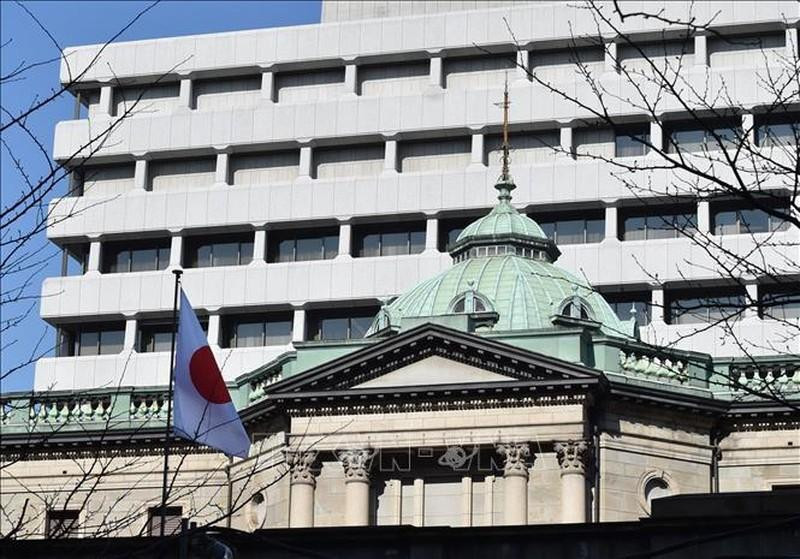To cope with the "price storm" and revive economic growth, the Japanese government has just approved an economic stimulus package worth more than 490 billion USD, while the Bank of Japan (BOJ) has lowered the prospect for economic growth of the country.
The negative impact of the COVID-19 pandemic and the Russia-Ukraine conflict has caused prices to constantly escalate, creating high inflation, which has been a concern for the Japanese economy. The government’s recent statistics showed that the core consumer price index (CPI) (excluding price fluctuations of fresh goods) in September increased by 3% over the same period last year, the highest surge since 2014. Thus, September is the sixth consecutive month when Japan's CPI was higher than the inflation target of 2% set by the BOJ.
Statistics showed that the "price storm" has been especially severe in the Japanese capital city of Tokyo. Specifically, food prices (excluding fresh food) in Tokyo, in October increased by 5.9% and energy prices also rose by 24.2%. Economists forecasted that the country's core CPI will rise further from now until the end of the year, while energy demand is forecast to increase further when Japan prepares for winter.
The situation of prices and inflation as above has been negatively affecting households and businesses in Japan. Another consequence of inflation was that since the beginning of this year, the Japanese yen has depreciated about 30% against the US dollar.
In recent days, in the Tokyo market, the yen approached the psychological support level of 150 yen per USD, although the Japanese financial authorities repeated warnings that they would intervene to prevent the yen's devaluation. The main reason for the above situation was that the rise of the US government bond interest rates has pushed investors to sell yen to buy USD.
To deal with the above economic challenges, the Japanese Cabinet has just approved a new economic stimulus package worth 71.6 trillion yen (more than 490 billion USD), to reduce the impact of rising prices on people and businesses while pushing the recovery momentum of the country’s economy. In that economic stimulus package, the Japanese government allocated 39 trillion yen for public spending and the rest for the private sector.
Accordingly, the government is expected to support 7 yen/kWh for households and 3.5 yen/kWh for businesses. A household in Japan will receive a monthly average of about 2,800 yen for electricity and about 900 yen for gas. In addition, the Japanese government will extend the subsidy programme for fuel importers and wholesalers, to reduce the retail prices of domestic gasoline and oil to 2023, as well as carry out measures to encourage enterprises to increase wages for employees.
Prime Minister Kishida's government estimated that this "energetic dose" can help increase Japan's real Gross Domestic Product (GDP) by 4.6%. At the same time, the BOJ decided to maintain a super-loose monetary policy to support economic growth. The BOJ Policy Board has decided to raise its inflation forecast for Japan in fiscal 2022 (which will end at the end of March 2023) from 2.3% to 2.9%, while lowering the growth outlook for the country's economy from 2.4% to 2%.
Currently, the BOJ decided to keep short-term interest rates at negative 0.1% and the 10-year Japanese government bond (JGB) yield at around 0%, to support the recovery of the economy. However, analysts said that the BOJ's decision to maintain a super-loose monetary policy could increase the downward pressure on the yen.
This may cause the Japanese government to intervene in the currency market again by selling dollars to buy yen. Last week, Chairman of the Japan Business Federation Masakazu Tokura, said trying to control the exchange rate through such interest rate adjustments is "unrealistic".
It seems that the policies to fight against inflation and promote economic recovery of the Japanese government have not yet ensured growth prospects and macro stability for the world's third-largest economy. In the coming time, the BOJ will have to adjust interest rates and the Japanese government will have to act more drastically to prevent a "price storm".
















